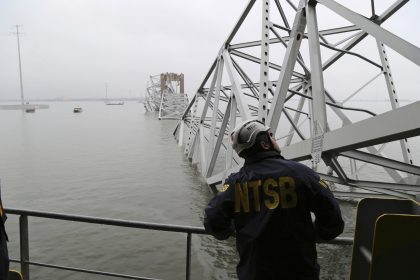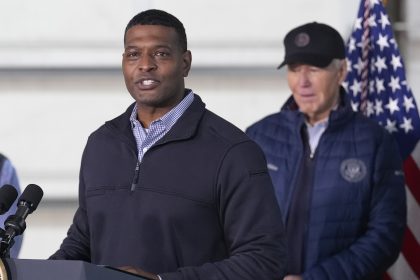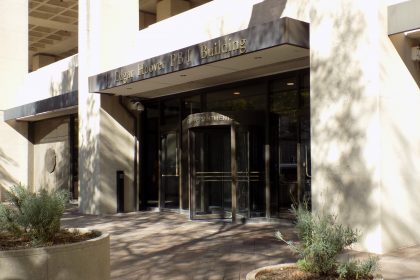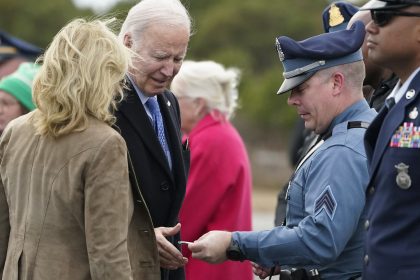Administration Directs $2.2B to Help Urban and Rural Communities Upgrade Infrastructure
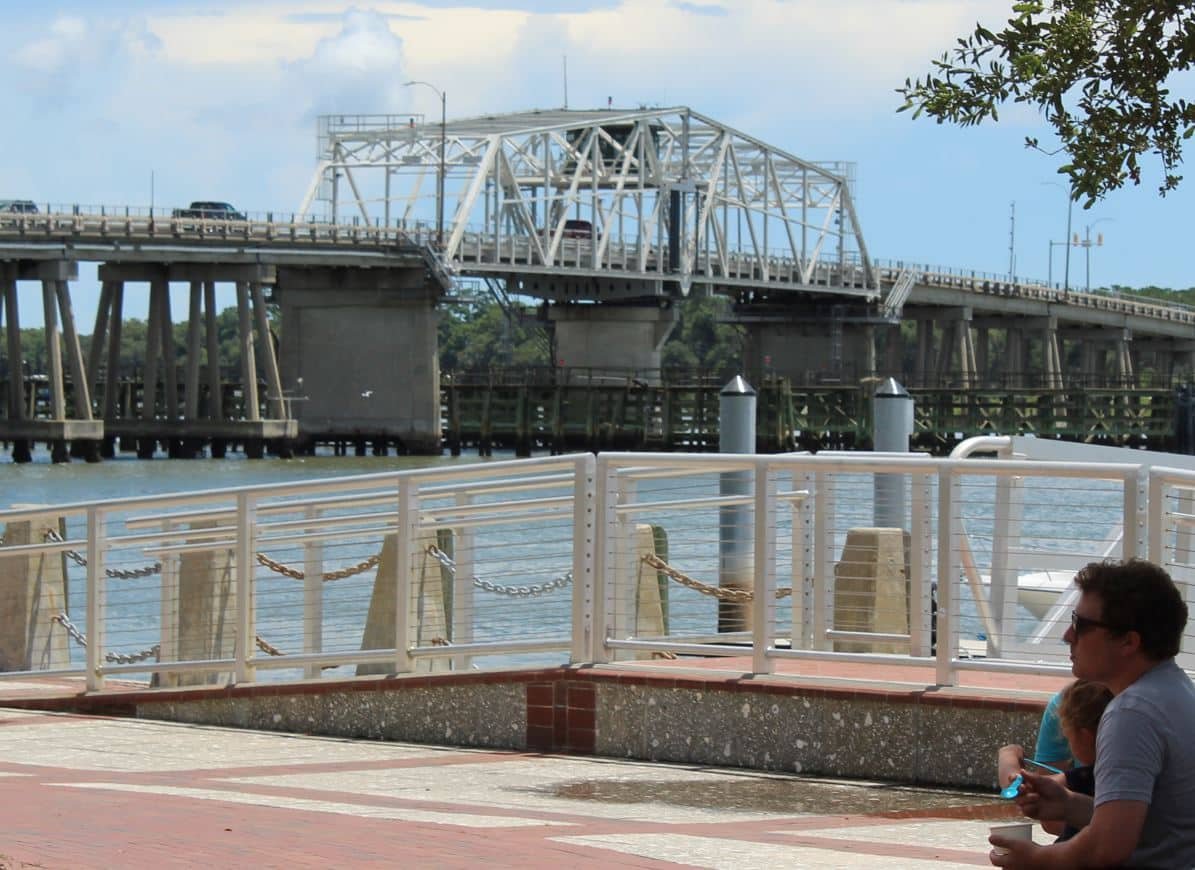
WASHINGTON — The Biden administration announced this morning that it is directing $2.2 billion in grant money to urban and rural communities to help foster their efforts to modernize roads, bridges, transit, rail, ports and intermodal infrastructure.
The money is coming from the Rebuilding American Infrastructure with Sustainability and Equity program, which in January became the first discretionary funding program to accept applications as provided in the bipartisan infrastructure law.
The infrastructure law provides an additional $7.5 billion over five years for the program to help meet the strong demand to help projects get moving across the country.
In a conference call with reporters on Wednesday, former New Orleans mayor and current White House Senior Advisor on Infrastructure Mitch Landrieu said 50% of the funded projects will be located in rural communities, while the other 50% will be in urban communities.
In addition, a record number of the new grants will go to projects on tribal lands – “doubling the amount of tribal projects funded in previous years,” he said.
Roughly 47% of the money will be distributed to projects in historically disadvantaged communities, while 56% of the overall funding will be distributed to project areas deemed to have “persistent problems,” Landrieu said.
“These projects are going to strengthen the nation’s supply chains so that we can get goods to communities more quickly and more efficiently,” he continued. “They’re going to address safety, particularly as it relates to bicycle and pedestrian access, and they’re going to reduce emissions to tackle climate change while creating good paying union jobs, jobs that can support families and don’t require a college degree.
“They’re [also] going to connect Americans as never before, helping families, no matter where they are from or where they’re headed, get their children to school or to a visit to grandma’s house,” Landrieu said.
“And I want to point out that everybody is going to benefit from this — every single state across the country, as well as Puerto Rico and the District of Columbia, which are going to have at least one project each in the grant program,” he said.
The projects awarded grants were evaluated on several criteria, including safety, environmental sustainability, quality of life, economic competitiveness and opportunity, partnership and collaboration, innovation, state of good repair, and mobility and community connectivity.
Within these areas, the department considered how projects will improve accessibility for all travelers, bolster supply chain efficiency, and support racial equity and economic growth — especially in historically disadvantaged communities and areas of persistent poverty.
Among the projects receiving grant awards are one in Atlantic City, New Jersey, which will see Route 40 — a major route to the city’s casinos — reconstructed and elevated to make it more resilient to flooding and to reduce car accidents caused by pooling water on roadways.
In Tampa, Florida, the grant money will help the local port authority upgrade the city’s Port Redwing facility, which handles construction materials, agricultural and phosphate products, heavy machinery and other cargo.
By connecting Berths 300 and 302 with a 1,025-foot dock, the facility will have a 3,000-linear-foot berth capable of simultaneously docking three of the largest dry bulk/multi-purpose cargo vessels that can navigate the area’s newly expanded Big Bend channel.
They’ll use their funding to expand capacity which is going to allow them to process more cargo and support more businesses up and down the supply chain.
In Berlin, New Hampshire, a rural community of about 10,000 people, the federal funding will be invested in a snow-melt system and rehabilitation of roads, sidewalks, and parking areas in downtown so that the town’s commercial center is accessible all winter long.
The snow-melt system will harness waste heat from the community’s biomass power plant and pump it through condensed water pipes under newly paved streets and sidewalks.
In North Carolina, the money will be used to reconstruct 28 bridges across six rural counties. By replacing low water bridges and fixing bridges with posted weight restrictions in Alleghany, Ashe, Avery, Caldwell, Watauga, and Wilkes Counties, officials said school buses, emergency vehicles and trucks will be able to traverse them more efficiently and reliably.
Speaking from Arizona, where he was visiting grant recipients in Tucson and Phoenix, Transportation Secretary Pete Buttigieg said one of the things he’s witnessed time and again on such visits is how passionate people are about the need for their projects.
“We hear from residents who live with transportation infrastructure challenges every day, and communities that have great ideas about how to address them. And what we recognized is that the solutions don’t have to come from Washington and that the needs related to getting these things addressed are more financial in nature,” Buttigieg said.
“That’s what this program is about,” he continued. “We’re awarding over $2.2 billion to 166 projects to help modernize transportation across the country. That’s the biggest investment in the history of this program.
“We did some funding last year, but did so with not nearly enough funding to support all of these big programs. Now, thanks to President Biden’s leadership and to the members of Congress who voted to pass the infrastructure law, we have a lot more money to work with and can say yes to more great projects.
“Through one project at a time, we’re providing a more modern transportation system that enables Americans to spend their time and their money and their energy where it belongs, with their loved ones,” Buttigieg said.
Dan can be reached at [email protected] and at https://twitter.com/DanMcCue.
Updated to add map



















